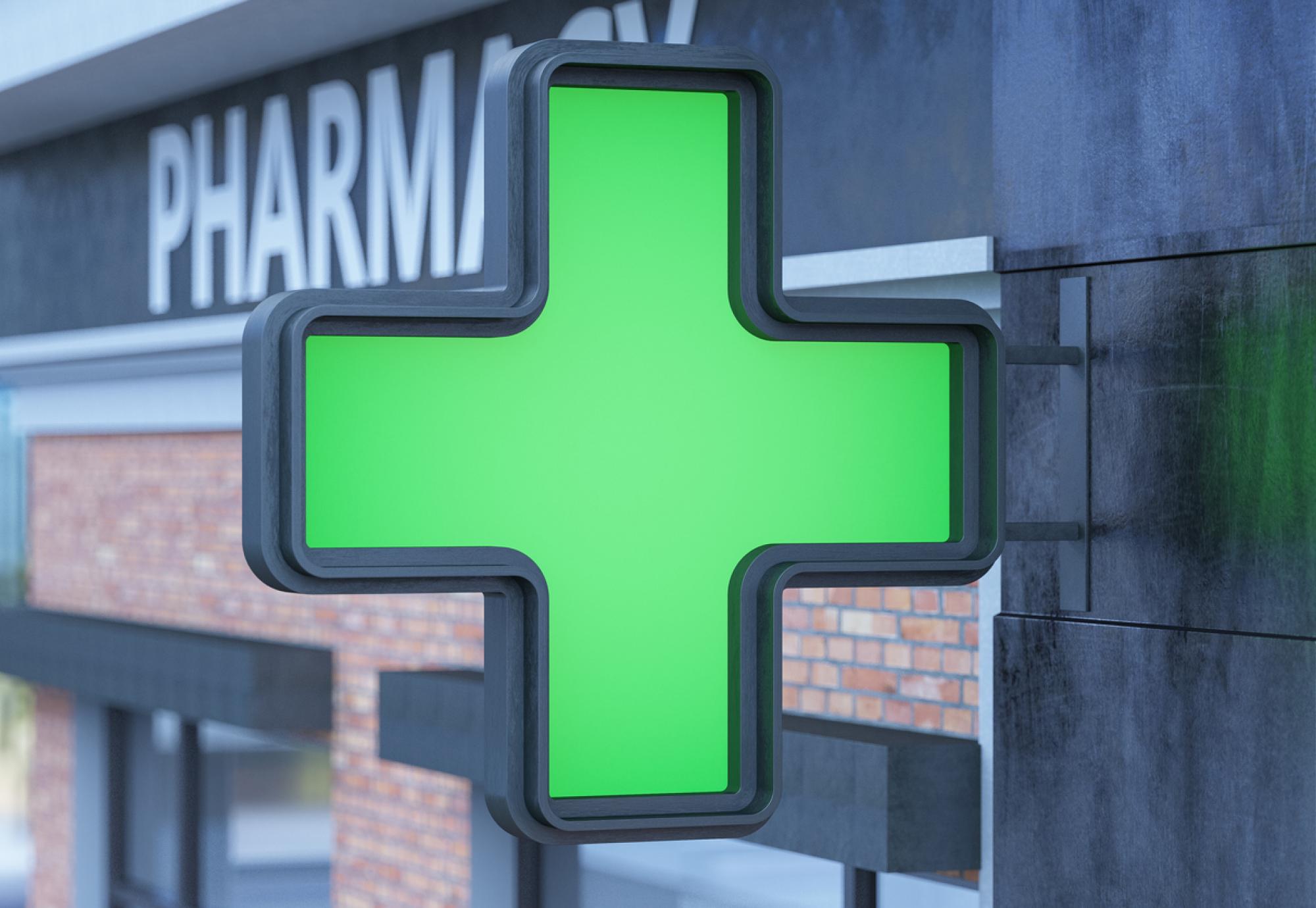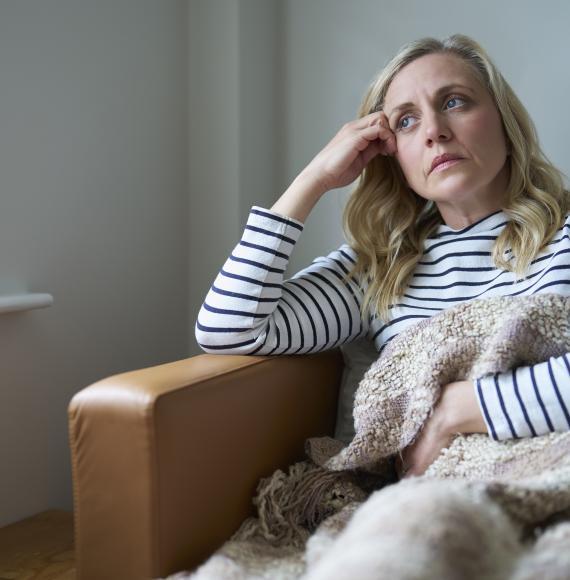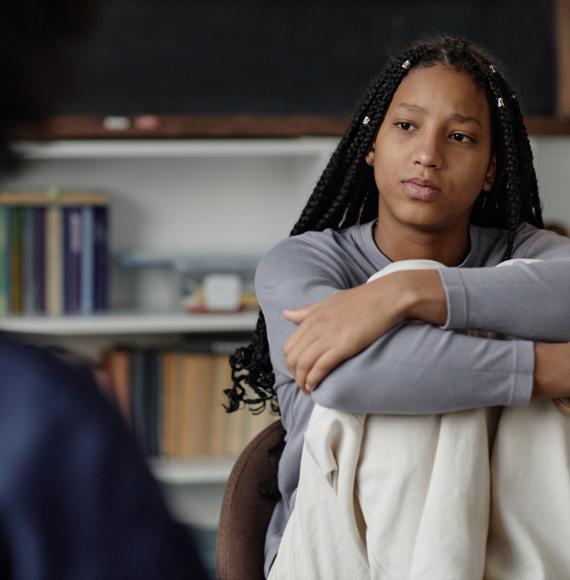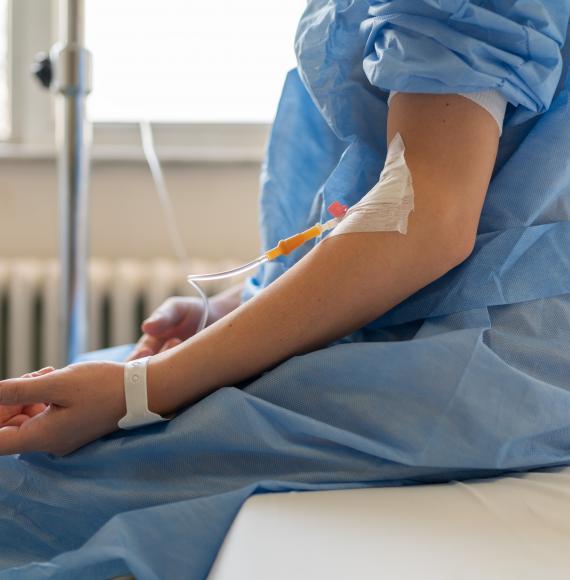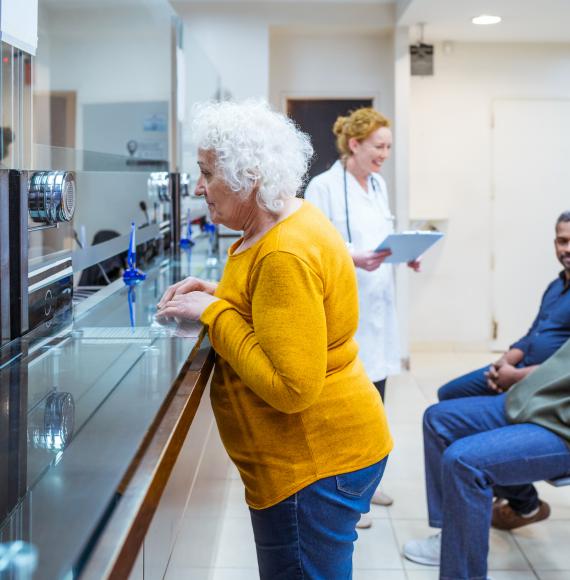The expansion to primary care services will mean, for the first time, thousands of women across England will be able to get the contraceptive pill at their local pharmacy from next month.
The move comes as part of the primary care access recovery plan, which was published in May.
Next year will see almost half a million women able to get the pill without having to contact their GP first, while pharmacists increase the number of blood pressure tests delivered to at-risk patients.
The goal is to carry out 2.5 million tests a year by spring 2025 – this would be 900,000 more than last year and could prevent over 1,350 heart and strokes in the first year alone.
The coming year will also see patients able to receive treatment for seven common conditions directly from pharmacies, including:
- Sinusitis
- Sore throat
- Earache
- Infected inset bite
- Impetigo
- Shingles
- Uncomplicated urinary tract infection
By next winter, health leaders hope the new services can free up to 10 million GP appointments a year, as well as give people more choice over their care.
The new health secretary, Victoria Atkins, said it was a “pleasure” to start her tenure with “such a positive example” of the NHS, the pharmacy sector and government working together.
Atkins added: “For the public these changes will mean more options for women when making a choice about their preferred contraception, reduce the risks of people suffering heart attacks and strokes and make it easier to access medicines for common conditions.”
She continued: “And for healthcare professionals this will free up GP appointments and make better use of the skills and expertise within community pharmacies.”
As the government continues to try and expand the use of pharmacies, it has indicated the consultation to enable pharmacy technicians to supply and administer medicines is currently being reviewed.
Image credit: iStock

